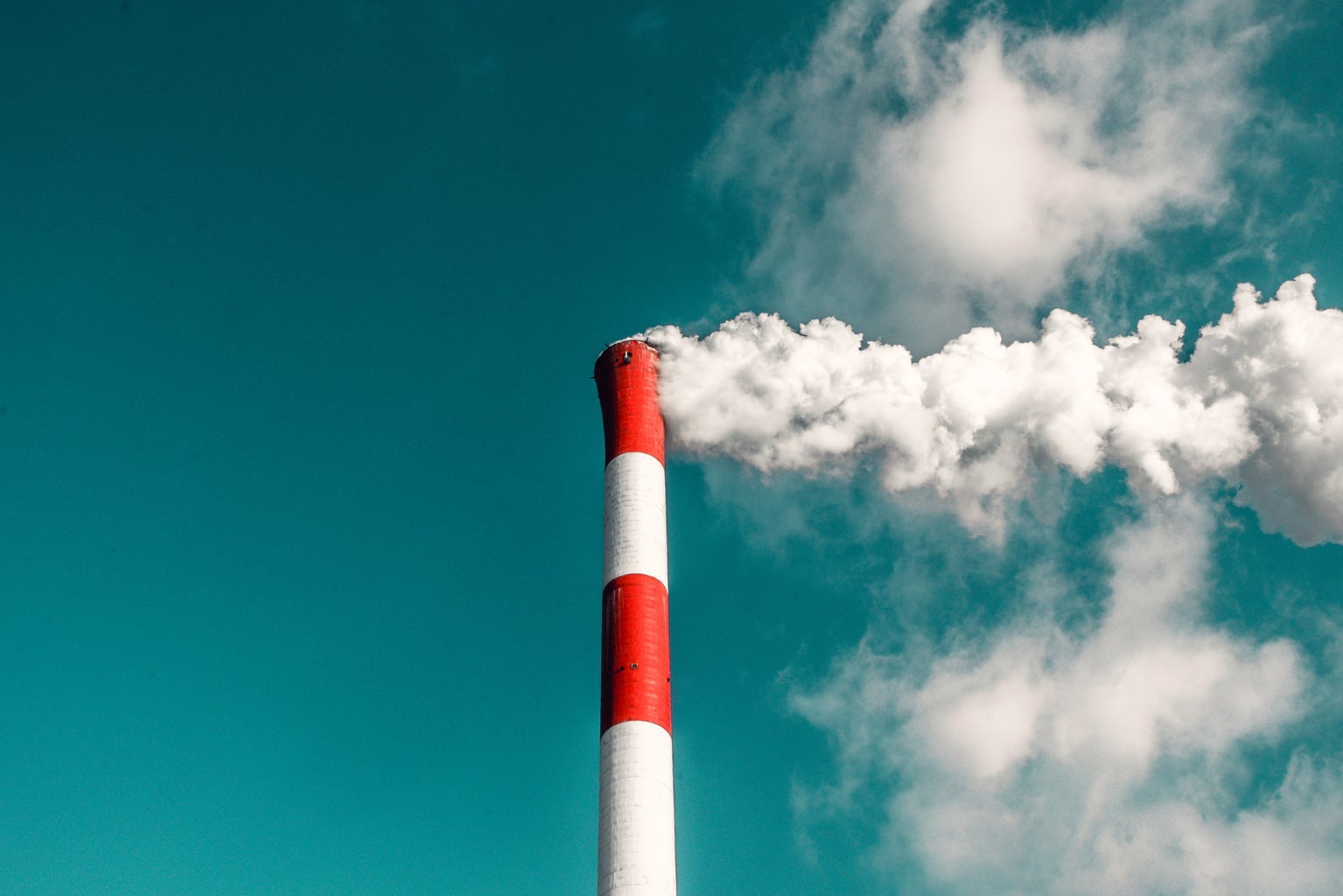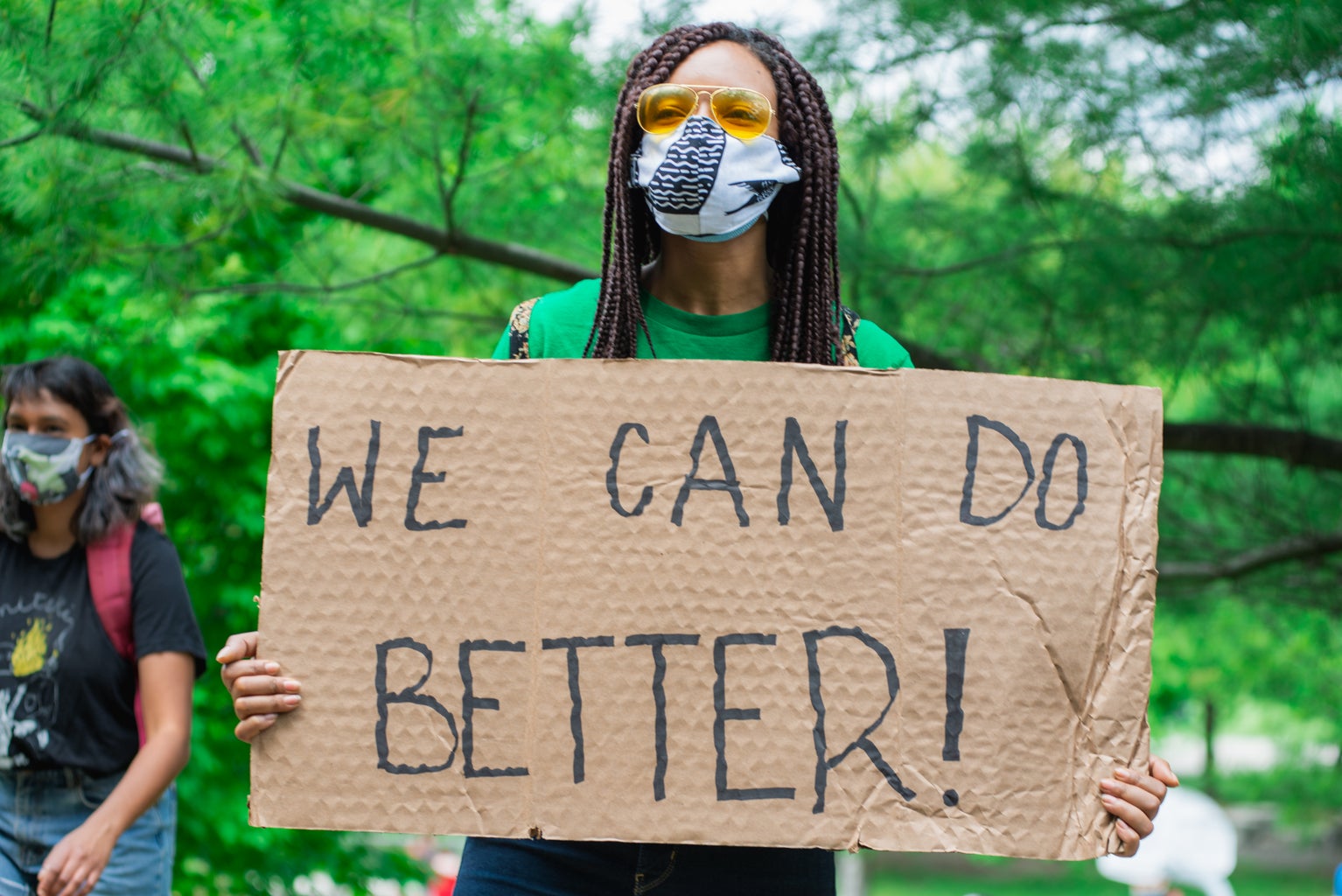I’m sure that at some point, we’ve all come across an ad from Shein promoting one of the cutest tops you’ve ever seen in your life. And the worst part is, it’s too affordable to not buy! How could anyone resist such voguish fashion that only costs $5?
But, I’m pretty sure we’ve also all heard about how unethical and unsustainable these companies are too. And while they’re known for their low-quality garments, extensive amounts of pollution, usage of abusive labor and theft of other artists’ designs, they still remain to be the number one most visited websites for shopping in the world.
It’s entirely unfortunate that despite these horrendous circumstances, they have a net worth of over $100 billion USD. Many of their consumers claim that they can’t do anything to prevent this from happening, so they continue to shop there anyway. But little do they know how much these factors are also affecting them.
Shein is able to get away with this due to being unregulated. In their countries of operation, there is little to no regulation on conditions for their workers. That’s how they’re able to overwork, underpay and even use child labor in their practices. But the lack of management in these facilities also means that the garments and products you buy from them are just as unmanaged. Shein’s lack of care for their workers is just about as equivalent to their lack of care for their customers. That’s why they use harmful, toxic chemicals in their clothing. It’s easier, faster, and most importantly, cheaper for them, despite being a multi-billion dollar company.
Investigations have found that Shein uses polyfluoroalkyl substances (PFAS) to dye, treat, and improve stain and water resistance in their clothing. PFAs are also known for being, “forever chemicals,” meaning that they never break down when disposed of and can permanently harm the physical well-being of our bodies. They’re able to enter the body through the skin and make their way into our internal organs. These have been linked to lung cancer, reproductive issues, kidney failure and weakened immune systems.
And it’s not just brands like Shein using these either. It’s also more well-trusted brands, like Skechers, Kate Spade, Michael Kors, Coach and so many more. That’s why it’s of utmost importance to check outside sources when selecting what brands to buy from.
There are so many other equally as great yet safer brands that don’t use these harmful chemicals. Some of my personal favorites are Levi’s, H&M, Victoria’s Secret, Burberry and Sephora. While this is just a small list, there are so many more out there that can be discovered with a quick internet search. Many small businesses don’t use these either, which makes them more reliable and safer to shop from.
While there’s PFAs in many everyday items we use today, it’s still important to our health that we avoid them when possible. Limiting your shopping from these brands and choosing safer alternative options is valuable in so many ways.
For example, it can help us narrow down and discover our personal style. Instead of having multiple cheap garments that are going to fall apart after a few washes anyway, it can be better to own a fewer amount of more expensive, higher-quality pieces instead. This creates a more individualistic and on-brand style for the wearer, while simultaneously decreasing the need to try and stay up on all the newest trends.
By minimizing our purchases from these brands and choosing quality over quantity, we’re able to get one step closer to creating a healthier life and planet for ourselves. However, it takes a group effort to achieve this goal. While one person’s impact may not seem significant, every person’s contribution adds up and makes a difference. The clothes in our closets can be a reflection of not only our style but also our values.





